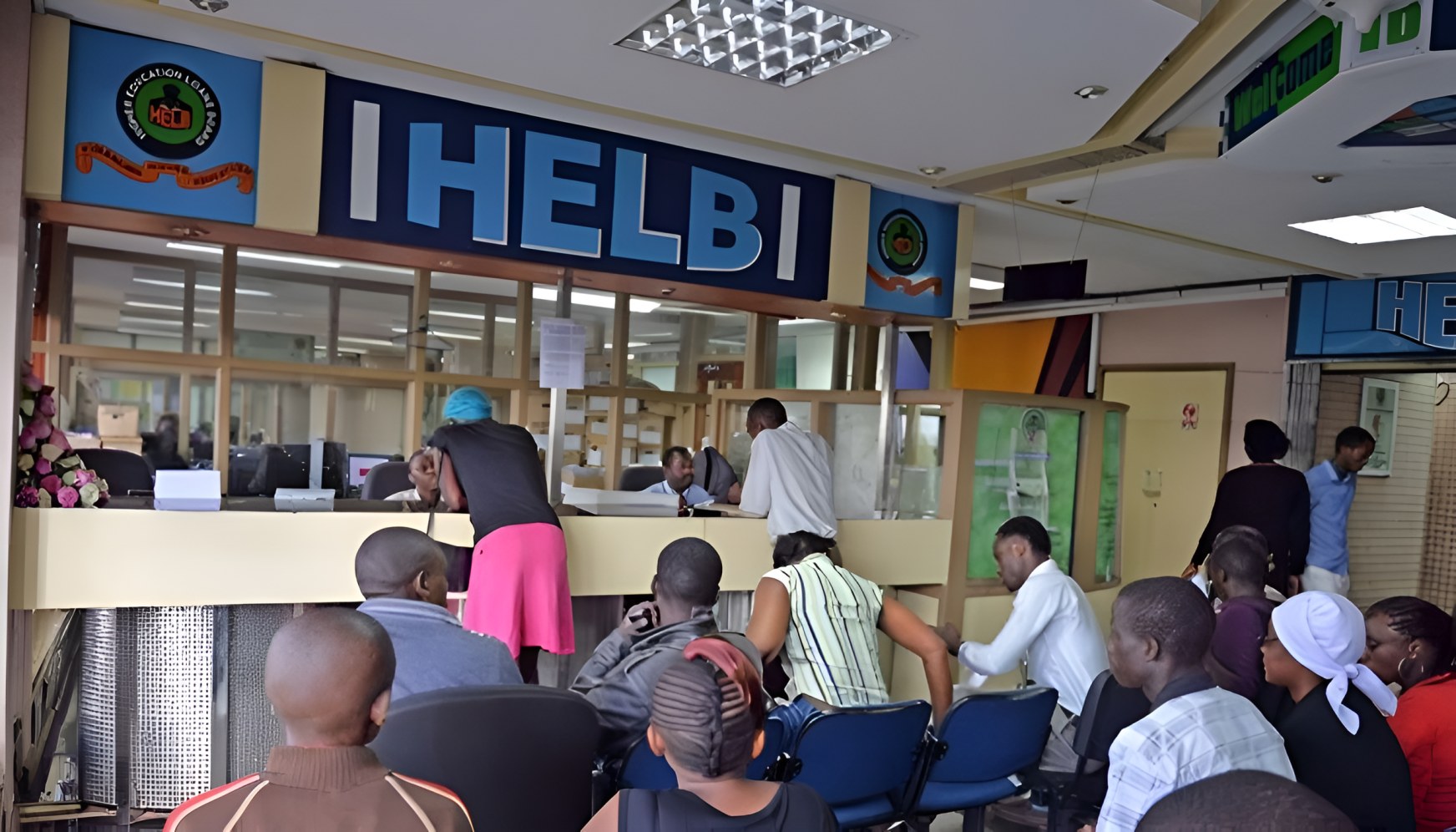A funding shortage at the Higher Education Loans Board (HELB) has left over 324,000 university and college students without financial aid in the current financial year ending June 2025.
According to the 2025 Economic Survey by the Kenya National Bureau of Statistics (KNBS), Helb received 1,038,254 loan applications but could only support 713,426 students due to limited funds.
The agency had asked for Sh81 billion to meet the growing demand but received only Sh46.9 billion, falling short by nearly Sh34 billion.
"The total number of loan applicants went up by 24.5% to 1,038,254 in 2024-25," the survey reports.
The board has witnessed a rapid rise in the number of applicants, from 376,137 in 2021 to 833,857 by June 2024.
The upward trend continued in the following year, reflecting the increasing number of students qualifying for higher education and seeking support from HELB.
Of those denied loans, 292,751 were students in public universities, 12,159 were in private universities, and 48,231 were from TVET institutions.
“Total loan applicants from public universities rose by 22.9% to 668,637 while the loan beneficiaries increased by 24.5 % to 375,886 in 2024-25,” says the KNBS report.
Most of the affected students come from poor families and rely heavily on HELB to cover basic education expenses, including school fees, rent, and food.
Without these funds, their ability to complete or even continue their studies is at risk.
HELB gives between Sh35,000 and Sh60,000 to successful applicants every year.
Out of this, Sh8,000 goes directly to the university to pay tuition, while the rest is deposited into the student’s bank account in two equal parts – one for each semester.
Although HELB is meant to be a revolving fund, where graduates repay their loans to support new students, rising defaults have weakened this model.
Many past beneficiaries fail to repay, making it harder for the agency to help incoming students.
The loan shortage adds pressure to a growing crisis in higher education funding, especially at a time when more students are qualifying for university admission.
For thousands of students who depend on HELB, the future now remains uncertain.
